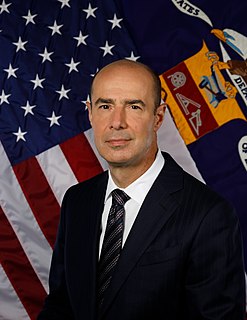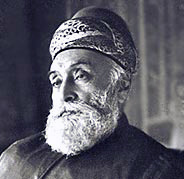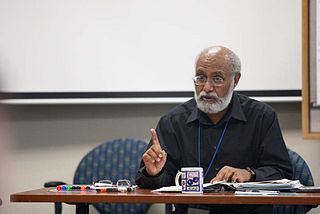Top 22 Stakeholder Quotes & Sayings
Explore popular Stakeholder quotes.
Last updated on April 14, 2025.
What we want to do is call attention to the fact that when workers and business work together, when you create a stakeholder model of corporate governance, where you understand that you can do well by your workers, you can do well by your shareholders and you can do well by your customers, that's how we create a virtuous cycle.
We've now become conscious of the uncalculated social, economic, and environmental costs of that kind of "unconscious" capitalism. And many are beginning to practice a form of "conscious capitalism," which involves integrity and higher standards, and in which companies are responsible not just to shareholders, but also to employees, consumers, suppliers, and communities. Some call it "stakeholder capitalism."
If we want to make progress in key areas now, we have to build a multi-stakeholder process, harnessing the appropriate energies. So not only the politicians but also business, the wider civil society, and the trade union movement all have a contribution to make, whether it is at national or at international level.
We need to be prepared to have multi-stakeholder, well-managed partnerships. That can be very effective. We saw this happen at international level with the UN Convention on Landmines, for example, where some governments didn't want to go forward, but enough governments did and with them many NGOs. At international level we need to see this as the 21st century way of doing things.
What my experience has taught me is that regardless of how complicated the problems might appear, it is possible to work through them and find solutions that are mutually satisfactory to every stakeholder in the problem... most of our problems on this earth are created by us and therefore we have the capacity and the obligation to unmake them.
The Caring for Climate initiative is fully aligned with our own explicit commitments, which reflect our respect for society in which we operate, respect for the environment, respect for the future generations. Climate change must be addressed through mutually beneficial collaboration and multi-stakeholder channels to be effective ultimately.



















